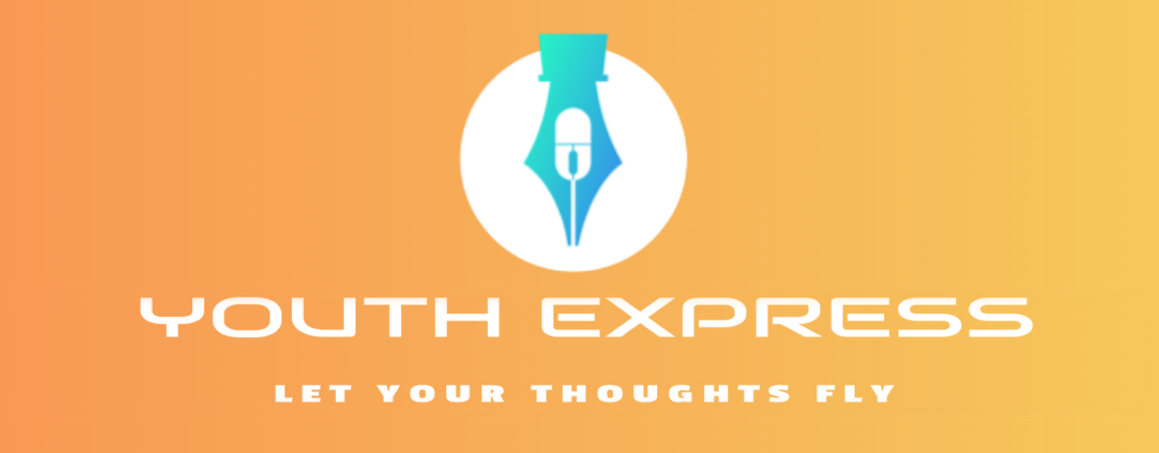Digital media are gaining even more space in our lives every day. We use them to communicate, to have fun, to get informed, and even more the last years we use them in order to buy and sell and in order to work. The deep knowledge of electronic skills and the use of internet are sine qua non for the years to come. The European Union institutions having estimated the importance of the digital media are working on the better use of the new media in the EU strategies and are including their use in any way possible.
The Digital Agenda for Europe
The Digital Agenda for Europe (DAE) is a part of the Europe 2020 Strategy which aims to boost the EU citizen’s skills and knowledge’s about technologies, new media, their use in everyday life in business and the benefits we can get form their use. DAE consists out of 101 actions around 7 priority areas:
1. Create a new and stable broadband regulatory environment.
2. New public digital service infrastructures through Connecting Europe Facility loans
3. Launch Grand Coalition on Digital Skills and Jobs
4. Propose EU cyber-security strategy and Directive
5. Update EU’s Copyright Framework
6. Accelerate cloud computing through public sector buying power
7. Launch new electronics industrial strategy – an “Airbus of Chips”
The main goals for the next few years have to do with the broadband connection within the EU, the online market, the digital governance and the development of e-skills both within the European Union and internationally. Everyone can access the achievements done in those areas so far in the Digital Agenda Scoreboard: https://ec.europa.eu/digital-agenda/node/637.
Furthermore, the European Union agency responsible for the Digital Agenda is inviting its citizens to make research and innovations in the field of use of the digital media in our everyday lives. The idea is that we can use digital media, tools, applications and platforms that can help to the extension of the sustainability of the environment, to the boost of mobility, to the development of the healthcare system and the public services, to the creation of trust and reliance between the EU citizens and with the rest of the world and finally to the build of smart cities, where all the aforementioned will be reality.
According to the estimations of the institutions responsible for the digital agenda, by increasing investment in ICT, improving eSkills levels in the labour force, enabling public sector innovation, reforming the framework conditions for the internet economy and fully implementing the Digital Agenda for Europe, the GDP would increase by 5% per person over the next eight years.
In addition one of the aims of the Erasmus + program is to increase the awareness and to develop the skills of young people in EU in the use of new media and technologies. The program is working with short terms projects and with champagnes, financed by the EU. There are many educators and trainers across Europe that are working upon this topic and are willing to help young people and people interested in the topic to develop their e-skills.
In addition the digital technologies are a powerful tool in the hands of all the people around the world and a useful skill for the curriculum vitae. Therefore the knowledge upon media and new technologies could make it easier for unemployed people to increase their chances to find a job and to create a new carrier. As it is written in the official page for the DAE: ‘The digital economy is growing at seven times the rate of the rest of the economy.’
The digital agenda of the European Union is a strategy that could help all of us to boost our future towards a better life. And the awareness upon this topic is an issue that should concern all of us.

